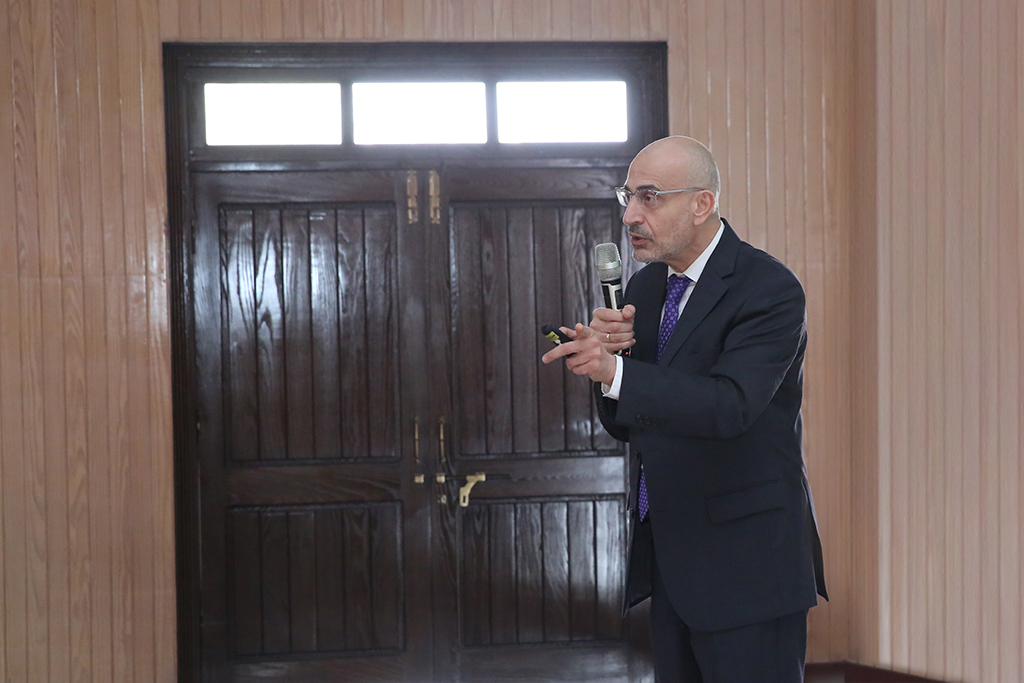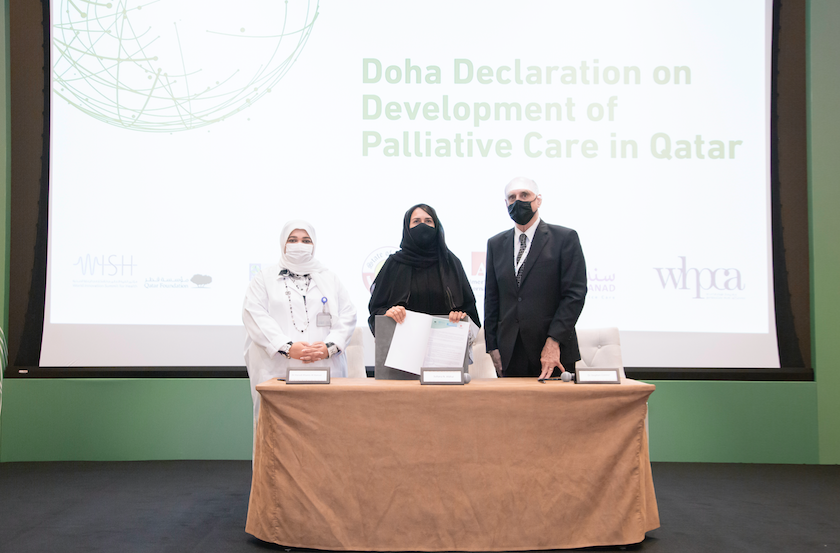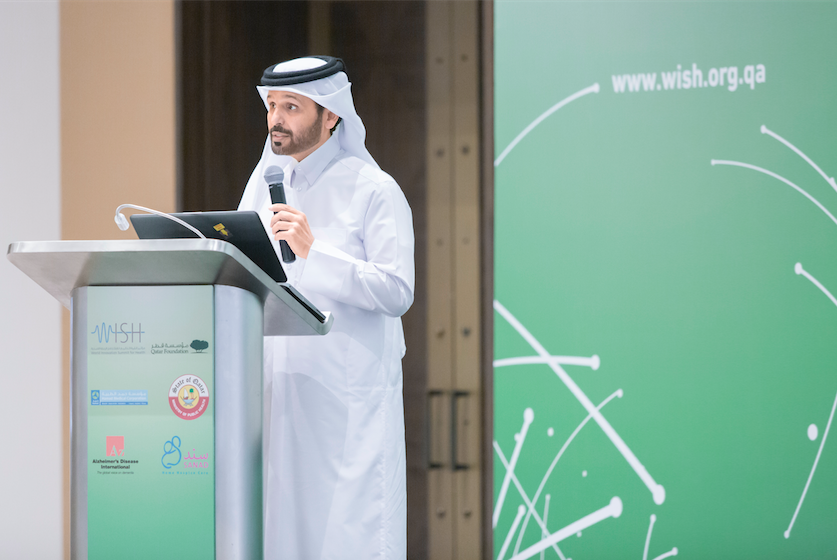Patient Safety: What We Can Learn From Aviation And Other Industries

“Patient safety is not a luxury, but a right for all patients and their families.” This was among the points argued by Dr. Walid Qoronfleh, Director of Research and Policy at the World Innovation Summit for Health (WISH), speaking at a recent global gathering of policy makers, academics, researchers, and healthcare specialists in Pakistan.
A respected expert in biotechnology, diagnostics, and personalized medicine, Dr. Qoronfleh was one of 12 international guests sharing their expertise at the International Conference on Patient Safety (ICPS 2019), held from November 30 to December 1 at Rawalpindi Medical University.
During the conference, Dr. Qoronfleh drew delegates attention to the global picture of reliability in healthcare. Alarmingly, hospital-acquired infections affect an estimated 1 in 20 hospital patients on average every year in the world, according to the World Health Organization. Injuries at healthcare facilities, incorrect diagnoses, and harm caused by the wrong treatment or medication being prescribed also mark poor patient safety.
“According to a Johns Hopkins study published in February 2018, even in countries with one of the most advanced healthcare systems such as the US, medical errors are the third leading cause of death after heart disease and cancer,” Dr. Qoronfleh stated at the conference. He argued that while resources are important, they are not the only consideration for ensuring greater patient safety; instead, there are surprising lessons that the healthcare sector can learn from other big industries.
“Healthcare professionals can learn from commercial aviation, nuclear power plants, and advanced automotive manufacturing ─ industries widely considered to operate with high reliability and safety, even in hazardous settings.” Dr. Qoronfleh pointed out that in such high-reliability environments, errors and unsafe conditions are recognized early and prevented by rapid remedial action before they cause harm.
Dr. Qoronfleh acknowledged the challenges to emulating those environments in healthcare, among them culture, integrating human factors, patient engagement, and process design. But he argued that, as patient care and research are transdisciplinary, “adapting and applying the lessons to health care offer the promise of enabling hospitals to reach comparable levels of quality and safety. A patient centric approach is critical to succeed.”
In Qatar, patient safety and the quality of healthcare services have improved significantly over the past few years, and WISH, through its participation in the Middle East Forum for Quality and Safety and its research activities to identify gaps in approaches, is committed to support efforts made to improve the patient safety culture throughout the Middle East and globally.
To this end, Dr. Qoronfleh emphasised that, “the right care, in the right place, at the right time” is key to patient safety.
Commenting after the conference, Dr. Qoronfleh, said: “Our intention at WISH is to build awareness and the will for change, as well as the capability to achieve results at scale in population health and health care improvement including connections with international experts and leaders in this area.”
He added: “The conference in Pakistan was a valuable opportunity for interdisciplinary learning, for the exchange of experiences to enhance our technical knowledge in various areas of patient safety and to showcase WISH reports and its research activity.”
Through regular summits and a range of ongoing initiatives, including evidence-based health policy research programs, WISH is creating a global community of leading innovators dedicated to making a positive impact on healthcare globally and locally.



